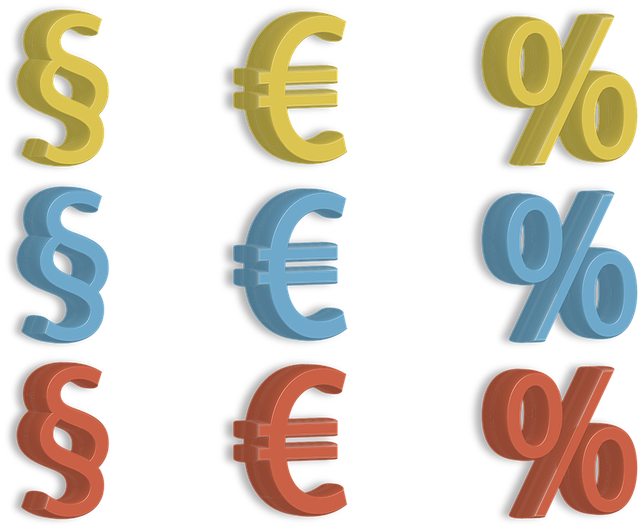Higher interest rates significantly impact the real estate market by increasing mortgage costs, reducing buyer affordability and potentially lowering sales prices. This shift benefits buyers and changes negotiation dynamics. While existing homeowners may see lower long-term costs, higher monthly payments strain budgets. Lenders offer fewer flexible options, impacting buyers' purchasing power. Real estate investors face risks but also opportunities: diversifying into rentals, exploring alternative financing and proactive market analysis can help them navigate this landscape successfully.
In the intricate dance of economic indicators, rising interest rates are casting a significant shadow over the vibrant real estate landscape. This article delves into the multifaceted impact of higher-than-standard rates on the dynamic world of property. We explore how these shifts influence buyers and sellers in the market, with potential price adjustments, loan affordability, and evolving trends taking center stage. Furthermore, we dissect the pros and cons for borrowers, offering a nuanced view of lower long-term costs versus increased financial strain. Lastly, real estate investors are guided through strategic navigations, from reassessing investment portfolios to exploring alternative financing, to thrive in this new environment.
Impact on Real Estate Market: Exploring how higher interest rates can slow down the real estate market, affecting both buyers and sellers. Discuss potential price changes, loan affordability, and market trends.

Higher interest rates can significantly impact the real estate market, creating a cooling effect that affects both buyers and sellers. When interest rates rise, the cost of borrowing money increases, making mortgages more expensive. This, in turn, reduces affordability for potential homebuyers, as they may struggle to secure financing at higher rates. As a result, demand for properties could decrease, leading to a slowdown in market activity.
Sellers might find themselves facing longer days on the market and potentially lower sales prices. With buyers becoming more cautious due to the increased borrowing costs, sellers may need to adjust their asking prices downward to attract offers. This dynamic could create a delicate balance where market trends shift from a seller’s favor to a buyer’s advantage, influencing negotiation power and overall real estate market dynamics.
Pros and Cons for Borrowers: Analyzing the effects of higher interest rates on mortgage borrowers. Explain the benefits of lower long-term costs but also highlight challenges like increased monthly payments and reduced purchasing power.

Higher interest rates can significantly impact mortgage borrowers in both positive and negative ways, especially when considering long-term investments like real estate. One of the primary advantages is the potential for lower overall costs over the life of the loan. Higher rates mean more expensive borrowing, so when rates rise, existing borrowers may see an opportunity to pay down their mortgages faster and save on interest. This can be particularly beneficial for those with adjustable-rate mortgages (ARMs), as they stand to gain from a fixed rate that’s now higher than when they initially took out the loan.
However, there are also challenges to consider. Increased interest rates directly translate to higher monthly payments, which can put a strain on borrowers’ budgets. This is especially true for those who are already spending a large portion of their income on housing costs. Additionally, with higher rates, lenders may offer fewer flexible loan options, reducing purchasing power for prospective home buyers. The market’s reaction to these changes could also lead to lower property values and reduced equity buildup, which are key considerations in the real estate sector.
Strategies for Real Estate Investors: Providing insights into how investors can navigate this environment. Suggest tactics such as reassessing investment strategies, focusing on rental properties, and considering alternative financing options to mitigate risks associated with higher interest rates.

Higher interest rates can significantly impact the real estate market, presenting both challenges and opportunities for investors. To navigate this environment effectively, real estate investors should consider a strategic approach. One key tactic is to reassess their investment portfolios and adjust strategies accordingly. This may involve diversifying investments by focusing on rental properties, which can provide a steady income stream unaffected by short-term rate fluctuations.
Additionally, exploring alternative financing options can help mitigate risks associated with higher interest rates. Investors should consider non-traditional loans, government-backed mortgages, or partnership opportunities to secure more favorable terms. By being proactive and informed about market shifts, real estate investors can adapt their strategies to thrive even in a rising interest rate environment.






